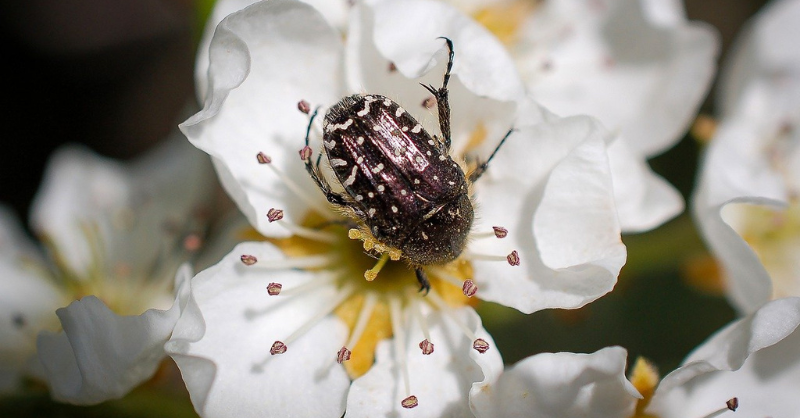
Vertical gardening providing food and cooling
In hot climates, small can be powerful and investible.
Summary: Heat exposure is likely to increase due to the impacts of climate change and whilst high tech solutions exist, simpler solutions such as vertical gardening can provide cost effective cooling and provide a limited source of local food. Small can be powerful and investible.
Why this is important: Demonstrates a cost effective and dual purpose solution for hot climates.
The big theme: Climate change and climate-induced migration could increase the number of people exposed to extreme weather, including heat stress. The built environment is an important sustainability theme, both as an integral part of societal existence but also a major decarbonisation (40% of energy-related GHG emissions) and resource consumption problem (40% of global raw materials) that needs investor attention. Including residential and commercial buildings, communal areas such as parks, and supporting infrastructure such as energy networks, mobility, and water supply, it can have significant impacts on our health, well-being and equity & inclusion.
If you are not a member yet, to read this and all of our blogs in full...

The details
Summary of a story from The Conversation:
Heat exposure in Africa is expected to reach 45 billion person-days (annual number of days when temperature is more than 40.6 degrees Celsius multiplied by the number of people exposed) by 2060 from 2 billion per annum between 1985 and 2005. A study in Akure, south-west Nigeria highlighted that poorer neighbourhoods were more disadvantaged and had a lower capacity to adapt to heat. More than three quarters of richer households had air conditioning units compared with just over a fifth in poor neighbourhoods.
Studies in Akure, Lagos and Dar es Salaam demonstrated that vertical greening/gardening systems could be an effective solution for heat problems in informal neighbourhoods as well as providing a source of healthy food. A typical set up produced up to 1kg of vegetables harvested in a six-week cycle. Indoor wall temperature reduced by as much as five degrees Celsius in the Dar es Salaam trial.
Let's take a look at why this is important...

